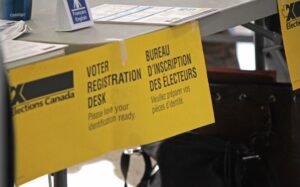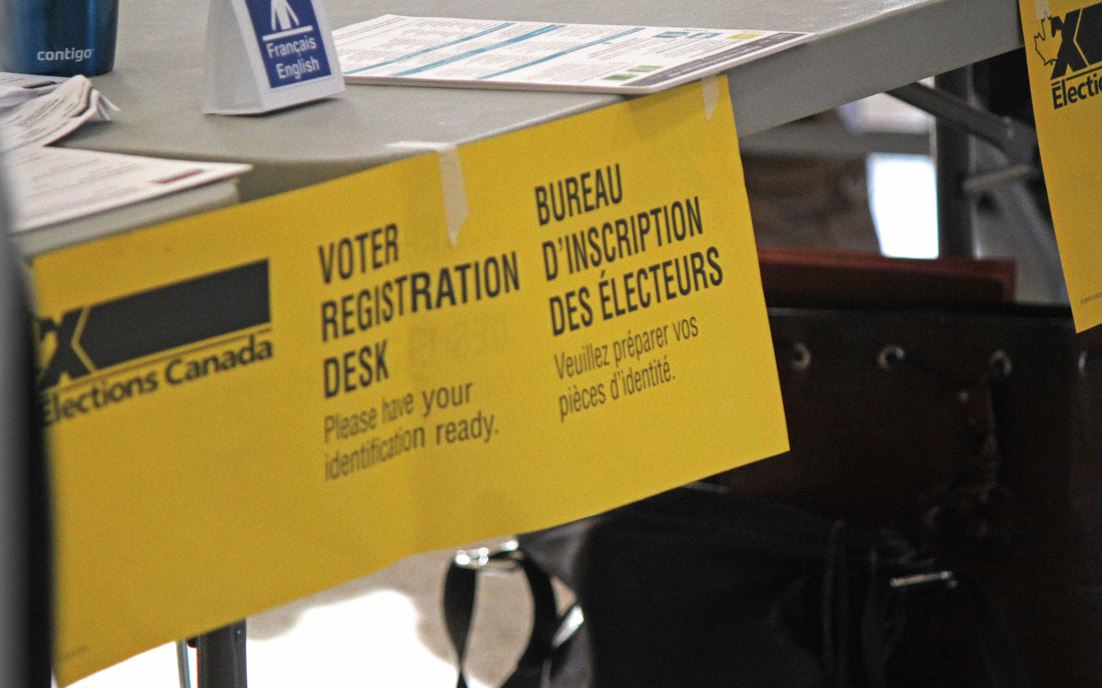The election will be a referendum on how Trudeau handled the pandemic

TORONTO – The federal vote on September 20 is a gamble for Justin Trudeau. At the polls, the election will inevitably turn into a sort of referendum on how the outgoing prime minister managed the Covid-19 emergency and, in the future, on how the country can get out of the economic crisis caused by the pandemic. According to the polls, the Liberal leader at the starting line is ahead of the other candidates for the leadership of Canada, although the goal of achieving a parliamentary majority – unlike the vote two years ago – still remains a long way off.
What extinguishes the enthusiasm of the Liberals for the possible creation of a majority government remains the general perception of the need for these elections. Trudeau will essentially have to explain well – and so far he has not done so – why the country must return to the polls with the Covid emergency still underway, with the fourth wave of the pandemic at the door and with a substantial reluctance of the electoral to return to the polls in this period. If the outgoing prime minister is able to give substance and weight to this issue, then for him the road to reconfirmation will be downhill. If this does not happen, on the contrary, the hopes of Erin O’Toole and, secondly, of Jagmeet Singh could be rekindled.
The leader of the Conservative Party is already marking the perimeter of what will be his election campaign. Recovery of the key values of conservative identity – an operation that had failed his predecessor Andrew Scheer during the 2019 elections – and a hard-nosed attack against Trudeau for the management of the double crisis – health and economic – caused by the pandemic.
On this, already from the beginning of this election campaign, we can see how the Tory leader is already strongly committed to winning the support of the varied galaxy of “Covid-skeptics”, from no vax to anti-lockdown, passing through those who criticize the vaccination obligation for public employees and those who are against the green pass for the health and school sectors. This is a substantial electoral pool, quantifiable at around 15% of the electorate, a mass of votes that could overturn the current balance of power between the parties in Ottawa at the ballot box.
Singh, on the other hand, will have to try to do better than in the 2019 election. The NDP two years ago garnered just over 2.9 million votes, going from 39 to just 24 seats. The ndippino leader will set his election campaign on the need to help the less well-off classes, those who have paid the highest price for the economic crisis caused by the pandemic and on the need to prolong and expand the support programs activated by the government to overcome the emergency.



